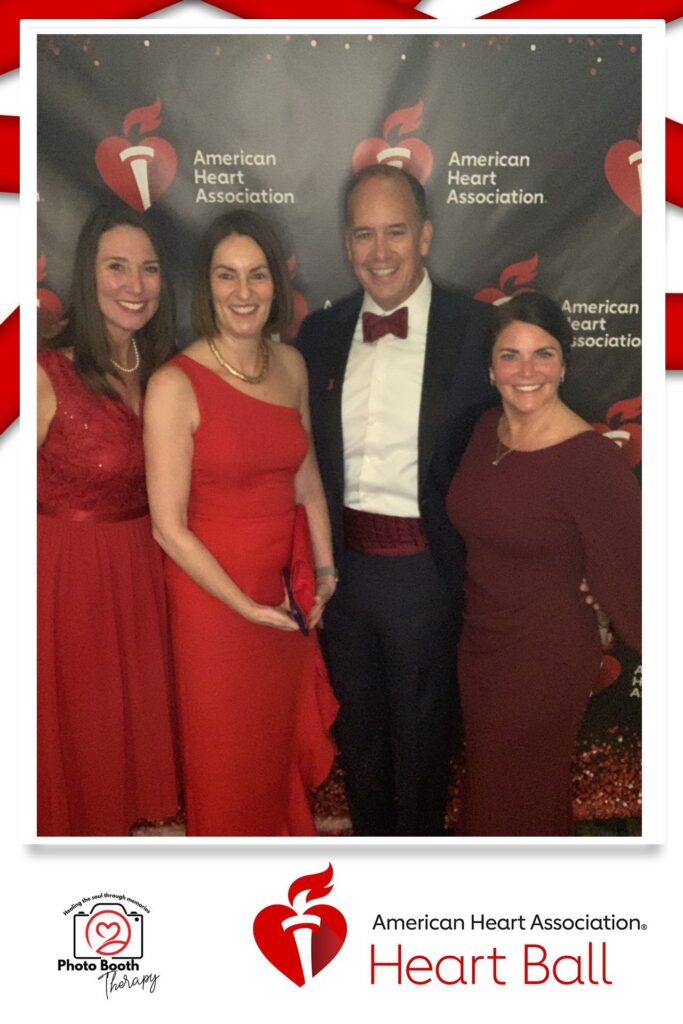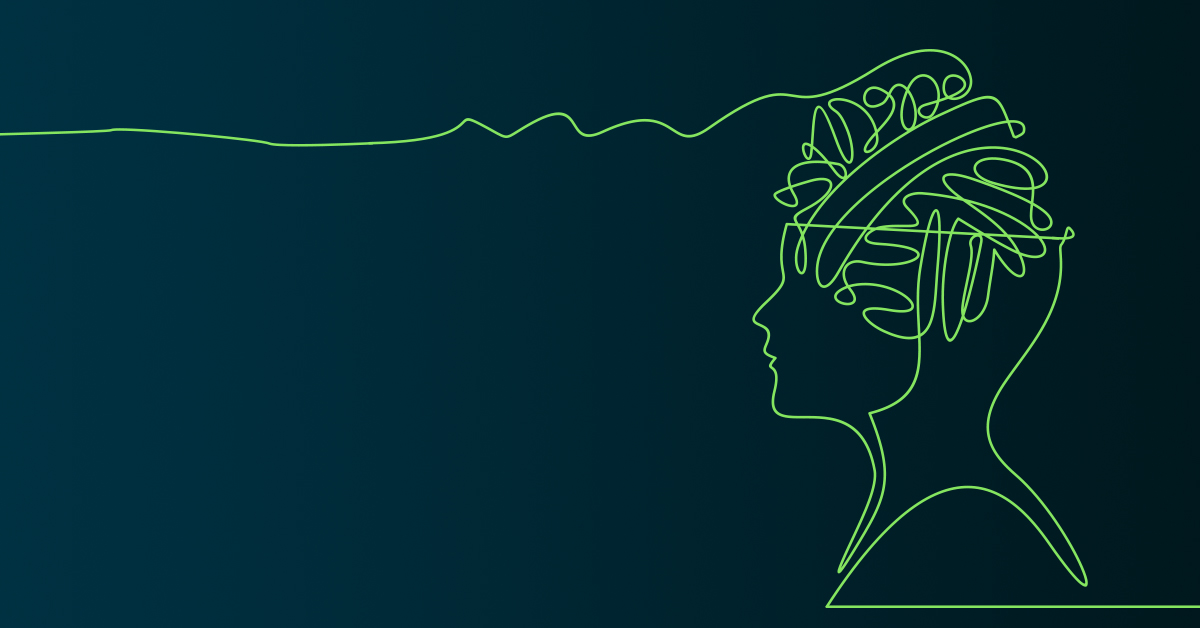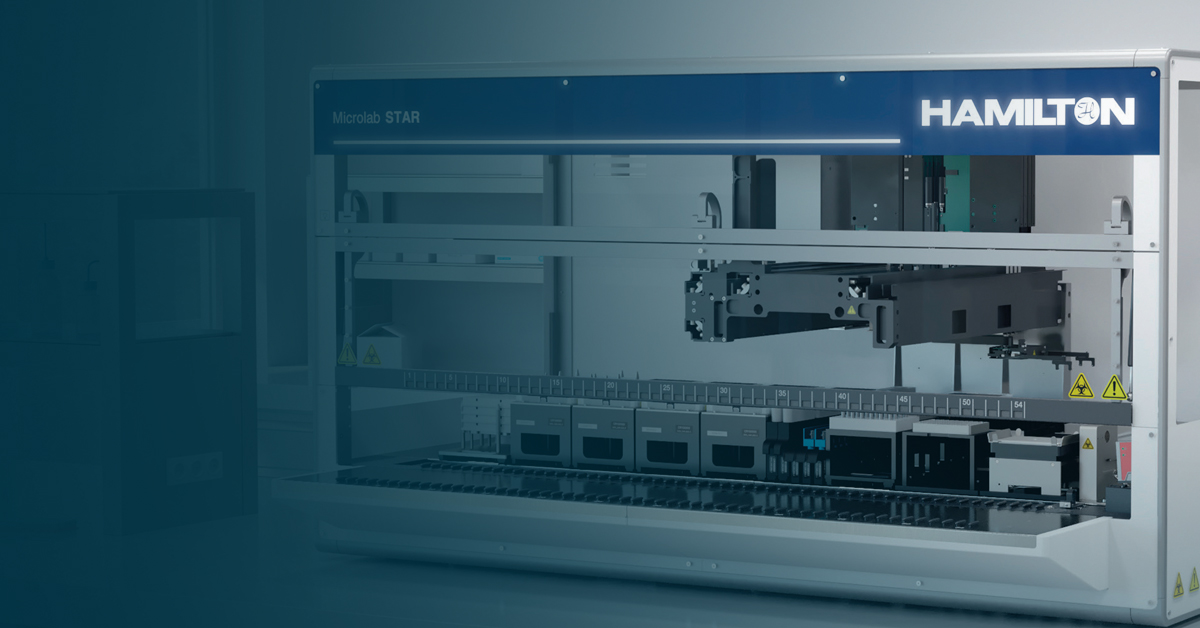

It was exciting to see so many people gathered to celebrate the American Heart Association’s (AHA) Triangle Heart Ball. After virtual meetings the past few years, the Raleigh Convention Center’s beautiful, vibrant ballroom sparkled with food, fun, and amazingly generous supporters united in a shared purpose to improve cardiovascular health.
As the SVP of the cardiovascular therapeutic area for Worldwide Clinical Trials, I attended at the invitation of Peter Benton, the 2022 Triangle Heart Ball Chair and Worldwide’s President and Chief Executive Officer. The event raised more than $900,000 to fund research, educational programs, and community initiatives designed to improve access to heart-healthy resources.
This year’s theme — women’s health — was a personal one for Peter. He entertained us with stories of how he kept turning up at AHA meetings typically attended only by women. His presence was unusual enough to be noticed, so he was asked about his interest. He explained what we at Worldwide already know well: he is passionate about ensuring that all women, including his daughters and woman friends, are heard, and represented in healthcare, business, and other aspects of life.
Peter and the AHA both recognize the importance of driving equitable health impacts, especially when it comes to heart health. Cardiovascular disease is the leading cause of death for people in the United States and globally. However, individuals may experience symptoms differently.
Early in my career, I learned that men are more likely to suffer a heart attack before age 55. Women’s risk of heart disease increases significantly after menopause, due to a decrease in cardiovascular-protective hormone levels. In addition, heart disease risk factors such as weight gain and diabetes tend to increase in women after menopause.
While men often develop problems in their major arteries that make conditions like heart attacks more prevalent, women frequently have trouble in their smaller arteries, which can make symptoms more subtle and disease detection more difficult. A woman may feel arm pain, for instance, rather than sharp chest pain. Combined with the tendency to dismiss symptoms as “just stress” or “just menopause,” women are more likely to delay the decision to go to a hospital when suffering a heart attack, and consequently experience worse outcomes.
Women’s awareness, therefore, is crucial.
In 2004, I was in New Orleans when the AHA launched its Go Red for Women awareness initiative. Over its first decade or so, Go Red, and other campaigns like the Women’s Heart Alliance, WomenHeart, and the AHA Heart Balls have helped raise enough awareness and funding to reduce women’s deaths from cardiovascular disease by about 100,000 cases annually. *
These programs have a positive effect, which is great, but we still have a long way to go. Unfortunately, the longstanding misperception that heart disease is “a man’s disease” has led to research and treatments focused primarily on men. At Worldwide, however, we are proud to play a role in addressing women’s health risks as well.
Worldwide has partnered with biotech and pharmaceutical sponsor companies to conduct cardiovascular research globally for over 35 years. Towards the end of 2021, we completed a study called AFFIRM-AHF that examined whether intravenous iron could help iron-deficient patients — which often are women — hospitalized for acute heart failure. The study showed iron injections could reduce the risk of recurrent heart failure hospitalizations and improve quality of life. As a result, the European guidelines for the treatment of heart failure were updated accordingly.
Currently, we are commencing a first-in-patient study of a brand-new drug mechanism for fighting heart failure. And we have continued to support research into related conditions such as diabetes, obesity, liver disease, and renal disease.
Across our study partnerships, we encourage sponsors to think about the end of their study even at the beginning. We suggest they consider how real-world evidence could play a part in examining a drug’s benefit for all patients rather than just the “ideal” patient who meets inclusion criteria. At the end of the day, our goal is to help get medicines to market that will improve life for everyone. Our support of events like the Triangle Heart Ball feels like an excellent way for Worldwide to give back, celebrate progress, and continue the fight for equitable heart health.
* In 2002, nearly 500,000 women died of heart disease in the U.S., according to the American Heart Association.



